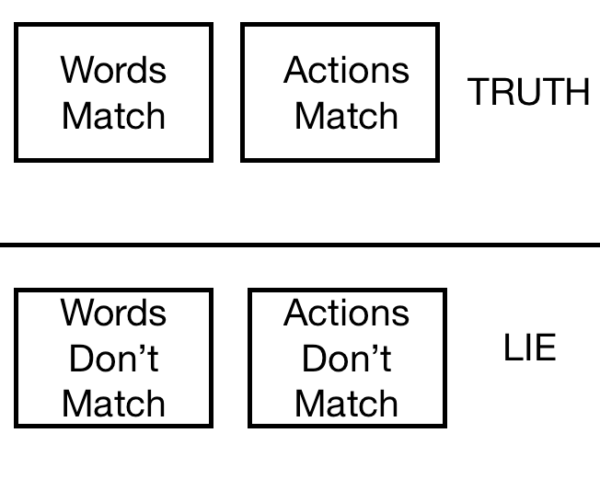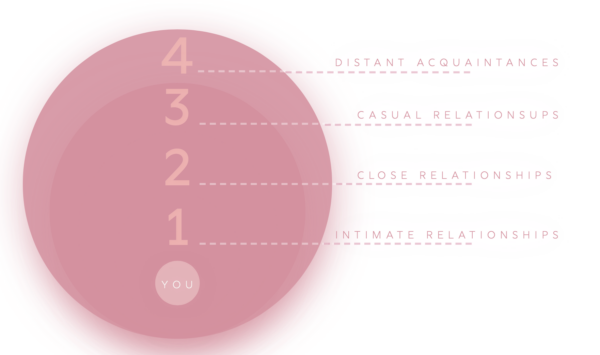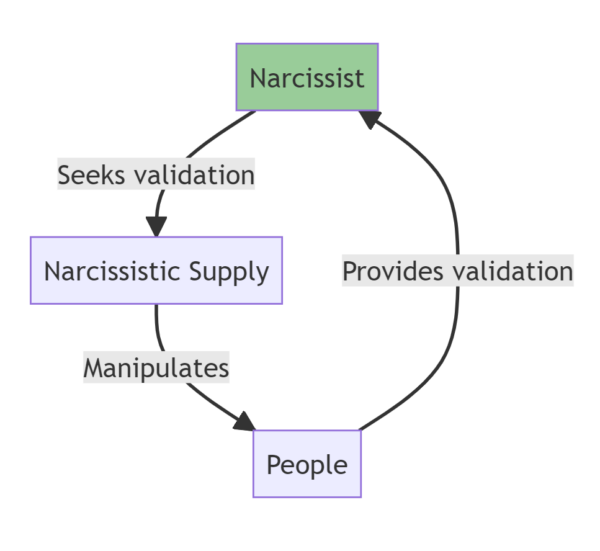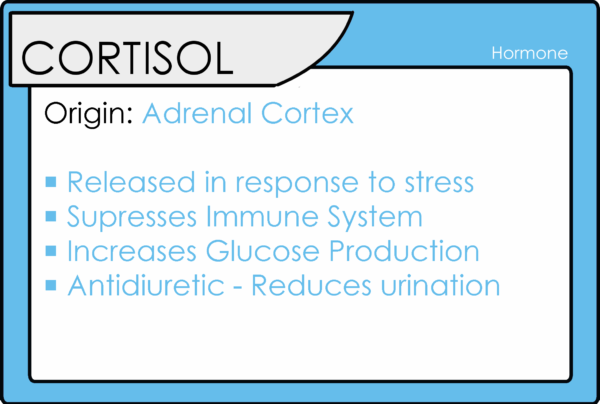Today I’d like to talk about why your ex is ignoring you when they agreed to be friends.
In all, I believe there are 11 core reasons that we should look at,
- They think “being friends” is what you are supposed to say during a breakup
- They don’t have the courage to tell you they don’t want to be friends
- They are in a relationship with someone new
- The sphere of influence factor
- It’s their way of asserting control
- They are getting conflicting advice
- The fear of emotional relapse
- Social media overload
- Unexpressed resentment
- Avoiding drama
- Communication breakdown
Let’s just jump into it.

What Are Your Chances of Getting Your Ex Boyfriend Back?
Take the quizThey Think That’s What You Are Supposed To Say
Think back to the end of your relationship.
There was likely an indication that made you feel your ex wanted to remain friends. However, have you considered that they may have said this simply to maintain the status quo?
They might believe that suggesting friendship is the socially acceptable or polite thing to do.
This situation can be compared to when someone asks, “How are you?”, and you reply with a generic, “I’m fine” or “I’m good,” even if internally you’re struggling.
At the beginning of the breakup, your ex might have voiced what they felt was expected without truly intending to act on it.
This is precisely why I advise many of my clients to focus more on their ex’s actions than words.
Actions often speak louder.
- If your ex’s words don’t align with their actions, it likely means their words weren’t genuine.
- However, if their actions match their words, they’re probably being sincere.
So, if they claim they want friendship but show no signs of it post-breakup, their words might not have been authentic. They might have said it simply because they felt it’s the expected response.
Doesn’t Have The Courage To Say They Don’t Want To Be Friends (C)
Drawing from my own experience, I’ve faced breakups, but I’ve never been on the receiving end.
(Yay me? I guess.)
I identify as a dismissive avoidant, meaning I avoid conflict and confrontation.
(I took a test)
Ending a relationship, especially with someone who cares for you, can be daunting. Hence, instead of expressing their true feelings for a clean break, they might suggest friendship as a softer approach.
This ties back to the actions versus words dynamic.
Use this as a gauge to discern an ex’s authenticity.
The limitation of this method, however, is the passage of time. Actions can sometimes only be judged over an extended period. But speaking from my past reluctance to be forthright, I’ve often suggested friendship post-breakup without genuinely wanting it, mainly to avoid confrontations.
Based on our studies at Ex Boyfriend Recovery, many exes exhibit dismissive avoidant tendencies, indicating a similar aversion to confrontations.
They Are In A Relationship With Someone New
Surprisingly, this reason is more common than many expect.

What Are Your Chances of Getting Your Ex Boyfriend Back?
Take the quizOften, after a breakup, your ex moves on to someone else. We’ve observed that in approximately half of such cases, your ex meets this new individual while still being with you, and this becomes a significant reason for the breakup.
Understandably, this can be one of the most painful reasons for a breakup.
I recently explored the dynamics of painful breakups in an article. Research suggests that breakups involving comparative rejection, essentially being left for another person, are the most damaging to one’s self-esteem and are profoundly painful.
From the viewpoint of your ex, if they left you for someone else, several reasons could account for them ignoring you:
They Don’t Want to Jeopardize Their New Relationship.
Reflecting on my personal experience, when I began getting to know my now-wife, I recognized something unique about her. As a result, I distanced myself from other women I had been conversing with by blocking or unfriending them.
I wanted nothing to compromise this budding relationship. Interestingly, I never communicated the reason for my actions to these women. Perhaps it wasn’t the best approach, but being a dismissive avoidant, I tend to steer clear of confrontations.
Their New Partner Doesn’t Want Them to Stay Connected with You.
We’ve seen this dynamic frequently when advising our clients to employ the “being there” method.
If you’re unfamiliar with this tactic, check out this video for more insights.
Sometimes, this method works so effectively that the new partner, feeling threatened, explicitly asks the ex to sever ties with our clients. This situation could be a significant reason why, despite agreeing to remain friends, they are now distancing themselves from you.
The Sphere Of Influence Factor
For those unfamiliar, I introduced a concept termed the “sphere of influence.”
It essentially encapsulates the group of individuals you associate with, whose opinions shape and influence your perspectives and whose views genuinely matter to you.
While one’s identity is undoubtedly unique and personal, it’s hard to overlook how the company one keeps plays a significant role in molding their beliefs, values, and worldview. This is what constitutes the sphere of influence. Typically, the closer you are to an individual, the more weight you accord to their opinions.
Imagine a scenario where your closest friend and your family had strong reservations about your ex.
Instead of adhering to the Hollywood trope of reverse psychology, real-life observations indicate that if these close confidantes disapprove of an individual, it can negatively influence how you perceive that person, leading to potential conflicts.
Delving deeper into the concept of dismissive avoidance: if your ex exhibits this behavior, the negative feedback about a previous partner from friends and family can generate confrontations within their most valued relationships. This friction could be a primary reason they choose to distance themselves from you.
It’s Their Way Of Asserting Control Over You (C)
Shifting our perspective a bit, this reason brings to mind a passive-aggressive approach.
If, during the relationship, they discovered that ignoring you, even for minor reasons, made you react in ways favorable to them, they might continue employing this tactic.
This behavior can often be observed in individuals with narcissistic tendencies.
For those unfamiliar, narcissists function on the principle of “narcissistic supply.”
They constantly seek admiration or validation from those who look up to them. Over time, they become adept at identifying such individuals, manipulating them to gain the validation they crave, and then discarding them once their purpose is served.

What Are Your Chances of Getting Your Ex Boyfriend Back?
Take the quizThis cycle then repeats with other individuals.
In some rare cases, an ex might ignore you as a means of maintaining dominance, perhaps in hopes of making you initiate contact or dance to their tune.
Being on the receiving end of such manipulative tactics can be unsettling. This dynamic becomes even more intriguing when we advise our clients to adopt a “no contact” period.
The goal of our “no contact” recommendation is centered on self-growth, rather than trying to win an ex back.
The latter should merely be a positive outcome arising from personal growth during the no-contact phase. On the contrary, when exes use silence as a manipulative tool, they are typically aiming to elicit a particular response or action from you, primarily to feed their narcissistic supply.
Conflicting Advice:
When people go through significant life events, such as breakups, they often turn to multiple sources for guidance.
Friends, family, therapists, self-help books, and countless articles online can all offer a plethora of advice on how to handle post-relationship dynamics. The abundance of opinions can lead to feelings of confusion and conflict, making it challenging to decide on a consistent course of action.
Here’s an expanded breakdown of how conflicting advice might play a role in your ex’s behavior:
- Varying Perspectives: Everyone who offers advice does so from their own perspective and based on their experiences. A friend who had a tough time post-breakup might suggest cutting ties completely, while a therapist might encourage establishing clear boundaries for a healthy friendship. With so many voices and viewpoints, it becomes hard for your ex to pinpoint which advice aligns best with their feelings and situation.
- Experimentation: In an attempt to find the right balance, your ex might try different approaches at different times. For instance, they may initially choose to distance themselves based on a friend’s suggestion, then later attempt to rekindle the friendship after reading an article on post-breakup friendships. This trial and error can appear as inconsistency in their behavior towards you.
- Fear of Making Mistakes: With so much conflicting advice, your ex might be afraid of making the “wrong” choice. This fear can lead to indecisiveness, where they might avoid taking any concrete steps at all, which could come off as them ignoring you.
- Overwhelm and Emotional Exhaustion: Trying to process and act on diverse pieces of advice can be emotionally draining. This overwhelm might cause your ex to retreat and avoid communication as they attempt to sort through their feelings and the guidance they’ve received.
- Re-evaluation of Personal Feelings: The barrage of opinions might make your ex introspect and re-evaluate their feelings towards the breakup and the idea of remaining friends. This introspection can lead to periods of silence as they figure things out.
- Desire for Autonomy: After receiving so much external input, there might be a desire to reclaim personal autonomy. Your ex might choose to ignore all advice, including the mutual decision to remain friends, and decide to carve out their path based on their feelings.
Fear of Emotional Relapse:
The end of a romantic relationship often comes with a tumultuous sea of emotions, from pain and longing to hope and relief.
Even when both parties agree to transition to a platonic friendship, the emotional tapestry of their past can remain intricate and potent.
For some, engaging with an ex-partner can be akin to walking on a path lined with emotional landmines.
Every conversation, shared joke, or reminiscent moment might trigger a surge of feelings they believed were buried or resolved.
This fear of an “emotional relapse” is real and palpable.
Engaging might not only stir up nostalgic memories but also awaken unresolved desires, regrets, or even pain. It’s akin to reopening a wound that was just starting to heal.
Consequently, to maintain their emotional equilibrium and protect their healing process, they might opt for distance, even if it appears as avoidance or indifference. This distance isn’t necessarily about animosity; instead, it’s an act of self-preservation, ensuring that they don’t get ensnared in the emotional complexities of what once was.
Social Media Overload (C):
I’ve often discussed the implications of social media, especially post-breakup, and while it might sound repetitive, it’s crucial to reiterate.
Following a breakup, cortisol levels, the body’s primary stress hormone, often spike.
This hormone is largely responsible for the heightened emotions and anxiety experienced post-separation. Interestingly, recent observations suggest a correlation between elevated cortisol levels and frequent social media engagement.
Research I came across earlier this year indicated that, under typical circumstances like an argument, cortisol levels might take about three to four hours to return to baseline. However, in the aftermath of a breakup, if one engages in behaviors that perpetually elevate cortisol, such as incessant social media usage, it can take up to six months for levels to normalize.
Social media, in the context of breakups, is a double-edged sword.
While it can be a potent tool for those aiming to reconnect with an ex, it’s detrimental for individuals striving to move on. The inescapable urge to check an ex’s profile only serves to amplify stress. Additionally, frequent visits to an ex’s profile prompts algorithms to prioritize their content, ensuring you see more of it.
While some might think seeing an ex frequently on social media feels like staying updated about their life, it’s more probable that such exposure prolongs the stress, reminding them of the breakup. They might feel overwhelmed, pushing them further away from any direct communication.
Unexpressed Resentment:
Breakups, even those that appear amicable on the surface, can leave behind a residue of unspoken emotions.
These emotions, often entwined with a sense of loss or perceived injustices, can manifest as unexpressed resentment.
For various reasons, this resentment might not have found a voice during the breakup or its immediate aftermath. Perhaps there was a desire to “end on good terms,” or a fear that voicing these feelings might escalate conflict.

What Are Your Chances of Getting Your Ex Boyfriend Back?
Take the quizMaybe the dominant emotion at the time was sadness, overshadowing the simmering anger or hurt. However, as time progresses and the immediate pain of loss diminishes, these resentments can come to the fore.
When attempts are made to build a platonic relationship, these underlying feelings might act as barriers, making interactions fraught or tense. Avoidance or silence from your ex might be their way of managing these emotions, especially if they’re unsure of how to address them or fear confrontation.
In this context, their behavior isn’t merely about moving past the relationship, but also about navigating a maze of unresolved feelings that the breakup left in its wake. It’s a silent struggle to reconcile the past’s painful fragments with the present’s desire for peace and friendship.
Avoiding Drama:
Post-breakup dynamics are rarely straightforward. The shift from being intimate partners to just friends, combined with the emotional baggage both parties carry, can create a volatile mix ripe for misunderstandings, jealousy, and unintentional emotional triggers.
By choosing to keep a distance, an individual might be making a conscious effort to avoid this potential drama. This isn’t necessarily a reflection of negative feelings towards the other person, but rather an acknowledgment of the complexities of human emotions.
They might be wary of conversations spiraling into arguments, casual meet-ups being misinterpreted, or old issues resurfacing at inopportune times.
By sidestepping direct engagement, they’re likely hoping to prevent a cycle of emotional highs and lows that could disrupt their healing process or draw them back into the chaos of a dysfunctional dynamic.
This protective measure is rooted in the understanding that the rawness of a post-breakup period can sometimes amplify even minor issues, turning them into significant conflicts. Thus, their apparent withdrawal might be their way of seeking stability and calm in a situation they perceive as having the potential for drama.
Communication Breakdown:
In the nuanced realm of human relationships, communication is the lifeline that bridges understanding.
However, it’s also one of the most common areas where things can go awry, especially after a breakup. Amid the tangle of emotions and the transition from romance to friendship, the lines of communication can easily get crossed.
What one party perceives as a considerate gesture – like providing space – might be misconstrued by the other as aloofness or neglect. Such misunderstandings can arise from a multitude of reasons.
It could be a result of assumptions, where one believes that the other needs distance without explicitly discussing it. Or it might stem from an over-analysis of past interactions, leading them to preemptively change their behavior in an attempt to avoid further misunderstandings.
When such communication breakdowns occur, the gap between intent and perception widens, leading to feelings of confusion, hurt, or abandonment.
The irony here is that both parties might believe they are acting in the best interest of the other, while in reality, they are drifting further apart. Such scenarios underscore the importance of open dialogue, particularly in the delicate phase following a breakup, where misconceptions can easily eclipse genuine intentions.



